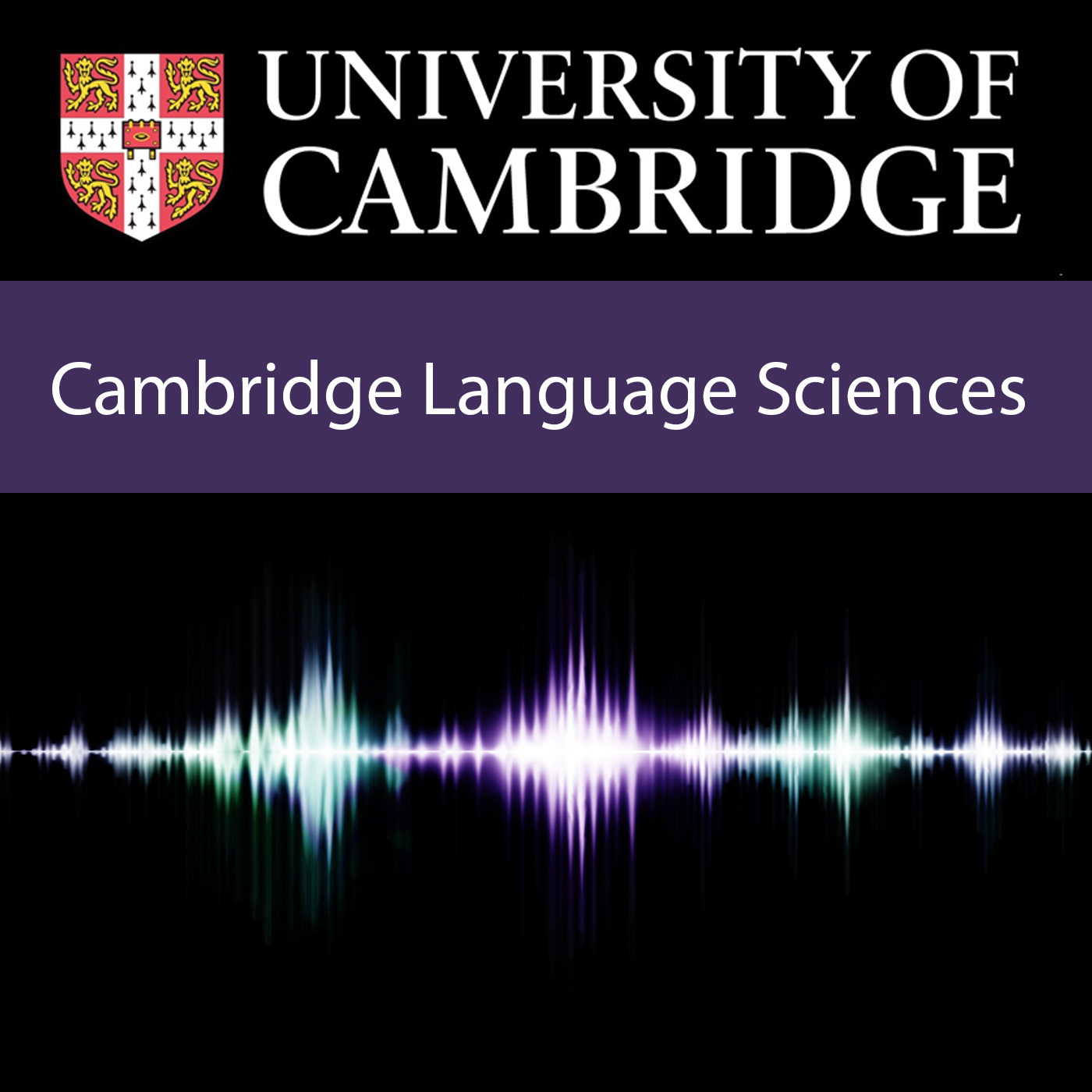Social Signalling and Social Change: Inclusive Writing in French
Duration: 32 mins 30 secs
Share this media item:
Embed this media item:
Embed this media item:
About this item

| Description: | Talk by Dr Heather Burnett, Laboratoire de Linguistique Formelle, CNRS and Université de Paris |
|---|
| Created: | 2020-11-19 18:08 | ||
|---|---|---|---|
| Collection: |
Language Sciences Annual Symposium 2020 - What Next? Future Directions in Language Research
Cambridge Language Sciences |
||
| Publisher: | University of Cambridge | ||
| Copyright: | Dr Heather Burnett | ||
| Language: | eng (English) | ||
| Distribution: |
World
|
||
| Keywords: | French; gender equality; language policy; | ||
| Credits: |
|
||
| Categories: |
iTunes - Language - French iTunes - Language - Linguistics |
||
| Explicit content: | No | ||
| Aspect Ratio: | 4:3 | ||
| Screencast: | No | ||
| Bumper: | UCS Default | ||
| Trailer: | UCS Default | ||
| Abstract: | Gender inclusive writing ("écriture inclusive" EI) has long been the topic of public debates in France. Examples of EI for the word "students" are shown in (1).
(1) a. étudiant·e·s (point médian) b. étudiant.e.s (period) c. étudiants et étudiantes (repetition) d. étudiant(e)s (parentheses) e. étudiant-e-s (dash) f. étudiantEs (capital) g. étudiant/e/s (slash) h. étudiant--e--s (double dash) These debates have amplified since the Macron government prohibited the use of the point médian (1a) in official documents in 2017 (Abbou et al. 2018). In addition to being a point of disagreement between feminists and anti-feminists, EI is also controversial among feminists: it has many variants (1), who often disagree on which variant should be used (Abbou 2017). In this talk, I argue that the source of many of these disagreements lies in the fact that French écriture inclusive has developed into a rich social signalling system: based on a quantitative study of EI in Parisian university brochures (joint work with Céline Pozniak (Burnett & Pozniak 2020)), I argue that writers use or avoid EI in part in order to communicate aspects of their political orientations. We show that these aspects involve writers' perspectives on gender, but also stances on issues unrelated to gender, such as (anti)institutionalism and support for the Macron government. I then outline a research programme for studying this signalling system from a formal perspective: following Burnett (2019), I show how we can use game-theoretic pragmatics to analyze EI's contribution to writers' political identity construction and the consequences that this has for its use as a tool for promoting gender equality and social change. |
|---|---|
Available Formats
| Format | Quality | Bitrate | Size | |||
|---|---|---|---|---|---|---|
| MPEG-4 Video | 640x360 | 1.29 Mbits/sec | 315.30 MB | View | Download | |
| WebM | 640x360 | 413.0 kbits/sec | 98.36 MB | View | Download | |
| iPod Video | 480x360 | 478.41 kbits/sec | 113.88 MB | View | Download | |
| MP3 | 44100 Hz | 249.81 kbits/sec | 59.53 MB | Listen | Download | |
| Auto * | (Allows browser to choose a format it supports) | |||||

